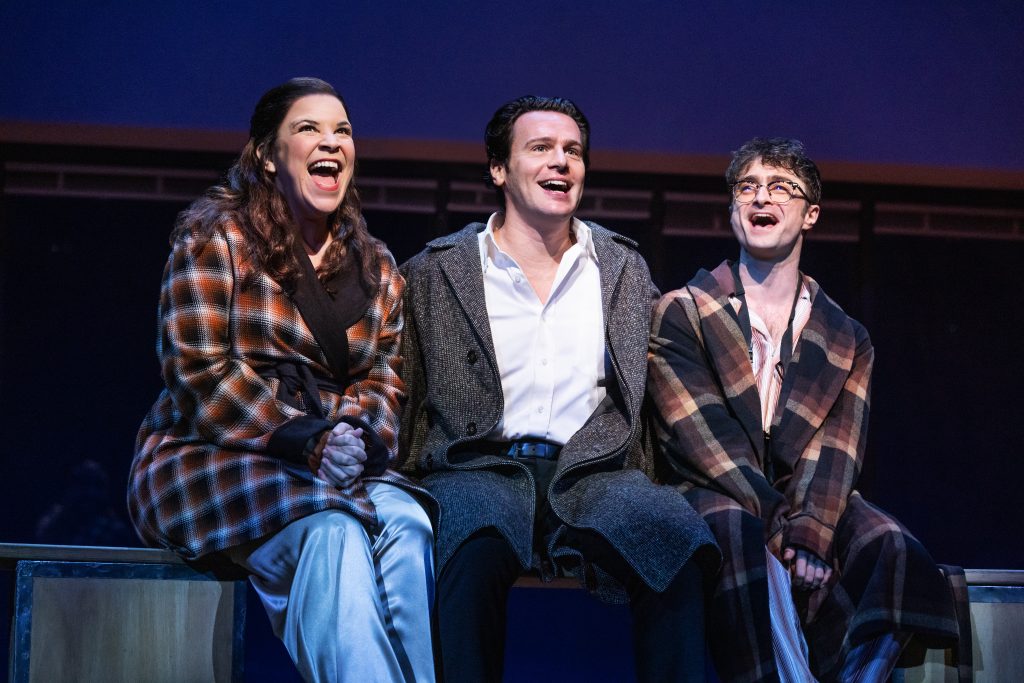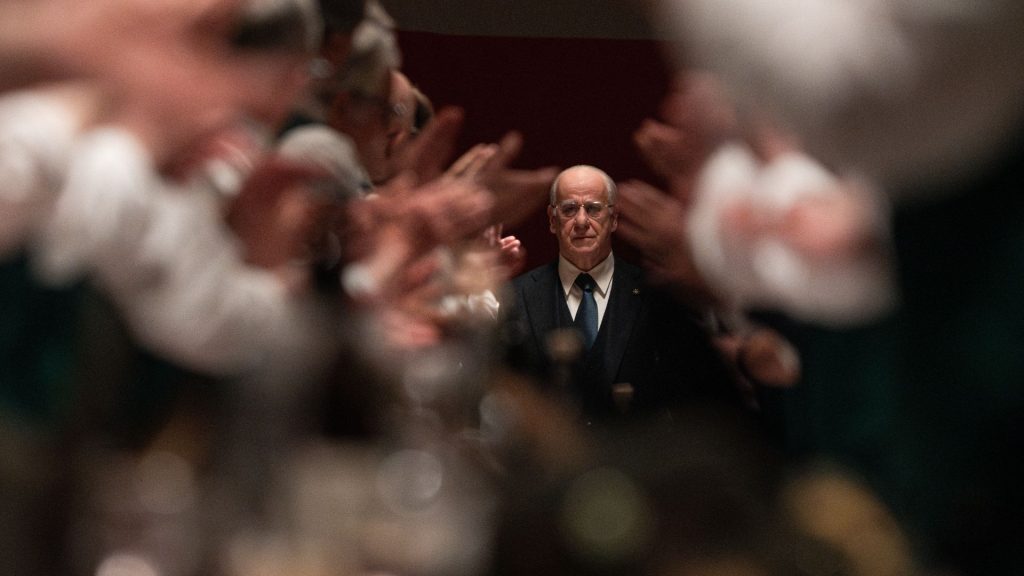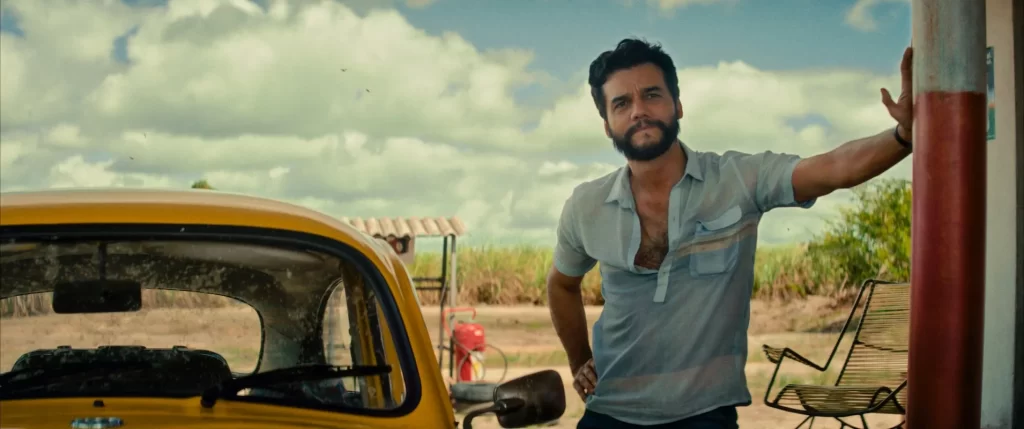It’s no exaggeration to say that the first thing Alexander Payne wants you to know about his new film The Holdovers is that it’s set in the 1970s—and I do mean the first thing, since he opens the movie with specific throwback ephemera of that era, one of those old full-screen ratings designations, followed by period-appropriate riffs on the production company logos. Other filmmakers, from Fincher to Soderbergh to Tarantino, have done this sort of thing before, of course, but Payne is going for something beyond mere nostalgia, or winks to his fellow film nerds. He’s not just setting his movie in 1970; he’s making a genuine effort (in the cinematography, transitions, sound, credits, etc.) to make it look like it was made then as well, like it’s some lost, forgotten classic of the era. And, to his credit, he mostly succeeds.
Payne is not credited on the script—that goes solely to David Hemingson—and it’s his first feature since the unfortunate Downsized. Maybe it’s just a coincidence that, at this perhaps tenuous juncture in his filmmaking career, he’s reconnected with the star of his most acclaimed film, Sideways, or maybe he was looking for a good luck charm. Whatever the case, it’s good to see them together again, as Paul Giamatti seems a uniquely ideal vessel for Payne’s notions of the woes of the intelligentsia, and Payne seems to bring out the nuances of Giamatti’s now-established persona.
He stars as Paul Hunham, instructor of Ancient Civilizations at Massachusetts’ prestigious Barton Academy. Paul is an antisocial alcoholic who loathes his students, dressing them down with deliciously ornate insults; he can also barely tolerate his headmaster, and the feeling is mutual. He’s been given the unenviable job of babysitting five “holdover boys” during Christmas break—students who cannot, for one reason or another, go home for the holidays. “At least pretend to be a human being,” he’s instructed. “Please. It’s Christmas.”
Paul is not the only remaining faculty. There is also Mary (Da’Vine Joy Randolph, getting her first juicy role since Dolemite is My Name), the manager of the school cafeteria, who is spending her first Christmas without her son. He just died in Vietnam, so she’s very much still in mourning, bitter but resigned — and even she thinks Paul needs to lighten up. “It’s the holidays,” she insists. “Go easy on ‘em.”

“They’ve had it easy their whole lives,” he retorts, a statement that makes more sense the more we find out about him. A last-minute hail mary (mostly from a narrative perspective — this turn of events does not really hold water) leaves Paul with just one holdover: Angus Tully (Dominic Sessa), a bright kid but a pain in the ass, whose mother has abandoned him over the holidays for a honeymoon with his new stepfather. “Well,” Paul shrugs, “let’s make the best of it, shall we?’
And so they do. “The Holdovers” is a modest, intimate character study, and exists mostly as a showcase for the gift that is Paul Giamatti—specifically, the gift that is Paul Giamatti in close-up. He has two here that linger: one uproariously funny, as we cut away to his reaction when (long story) the doctor has to relocate Tully’s shoulder, and one tragic, as he walks away from the headmaster’s office at the end of the movie. This is a guy who’s been acting in movies, quite memorably, for going on a quarter-century now, and one can safely say he has grown quite attuned to how to best use his instrument.
He’s not the entire show here, of course; Sessa, a new actor, does quite well with a role that could be played (and, occasionally, must be) as an insufferable shit, while Randolph nails her character’s earthy humor, raw pain, and quiet dignity with equal precision. And the wonderful character actor Carrie Preston, who you’ll recognize from a million things, gets a lovely little showcase role as “Miss Lydia Crane,” who seems like a joke at first, and proves to be anything but.
Alexander Payne has kinda been making Hal Ashby movies his entire career, but this is his most concerted effort to do so; it’s shaggy and shambling in its approach and execution (and running time), as well as its sometimes-too-obvious musical choices (when “The Wind” by Cat Stevens drops, it feels all but preordained). Hemingson’s script doesn’t always shoot straight— it smoothly sidesteps some the potentially less endearing unlikable qualities of a guy like this in this particular time, and the closest it gets to the potent politics of ’70 is Paul’s vague comment that “The world doesn’t make sense anymore. It’s on fire.” And in his commitment to the bit, Payne ends up calling up some devices and turns that are a little musty (the undiscussed secrets and big speeches about them, specifically). But none of this derails what is easily one of Payne’s best films. Hell of a lot better than Downsizing, certainly.
A-
“The Holdovers” is in theaters Friday,



